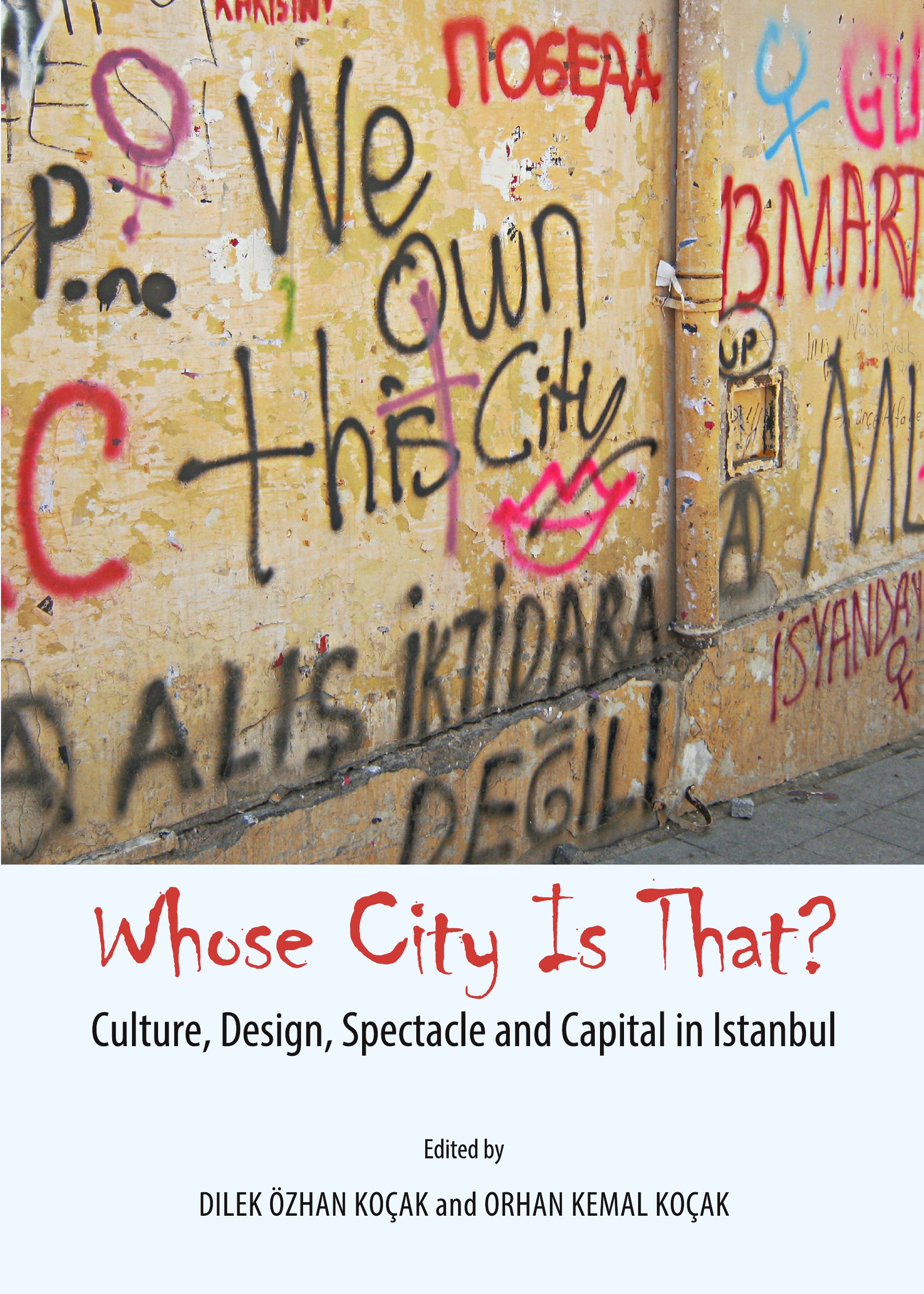Whose City Is That? Culture, Design, Spectacle and Capital in Istanbul
Whose City is That? shows that Istanbul is produced not only by strong and systematic efforts, corporate influences and/or marketing activities, but also by individual contributions and coincidences. As such, the primary purpose of this book is to find the answer of to whom Istanbul does belong, presenting the reader with the richness of human experience and the practice of everyday life. The chapters in this book are therefore focused on the physical and economic dimensions, as well as the imaginary, fictional and hyper-real dimensions, expressing the concern of bringing the real and imaginary borders of the city together. The book provides an understanding that for each inhabitant there is another city, another Istanbul. Each person living in the city creates or lives in another city which is made of their own personal and particular experiences. In addition, the Istanbul the authors understand and describe turns into something different moment by moment, which cannot be defined or identified because of its very nature as a megacity. However, its flow is not aimless and non-directional, and each sign is not causeless or dateless. In this context, in order to make the possibilities of the city visible, the contributors to this volume ask: “Istanbul, whose city is it?”
The title of the book enables different academics to ask the same question using different methodologies and subjects. The question “Whose City is That?” and the necessity of studying Istanbul using multidisciplinary perspectives brought many researchers from different fields together, because the city is larger than one approach and the constraints of one “unique” field. Gathering researchers and academics from various disciplines, such as communication studies, cultural studies, cinema/media studies, literature, the fine arts, city and regional planning, political science, social and economic geography, anthropology, and architecture enables each to think about the city alone and together, so as to create new forms of thought and discourse about Istanbul.
Dilek Özhan Koçak is an Associate Professor of Communication Sciences and the Chair of the Journalism Department at Giresun University Communication Faculty. She received her BA in Journalism from Marmara University. She was granted her MA (2003) and PhD (2008) in Communication Sciences at Marmara University, Turkey. She was a guest researcher at the Georg-Simmel-Center for Metropolitan Studies at Berlin’s Humboldt University for almost one year (2007). Her recent publications include essays on cinema, memory and urban communication. She has a publication entitled Osmanlı Tiyatrosu: 19. Yüzyıl İstanbul’unda Kültürel Dönüşümün Sahnesi (Ottoman Theater: The Scene of Cultural Transformation in Nineteenth Century Istanbul).
Orhan Kemal Koçak is an Assistant Professor in the Department of Radio, TV and Cinema within the Communication Faculty of Giresun University. He received his MA and PhD in Communication Sciences from Marmara University, Turkey. His recent publications include essays on cinema and memory. He teaches courses in cinema, narrative techniques and theories of mass communication.
There are currently no reviews for this title. Please do revisit this page again to see if some have been added.
Buy This Book























